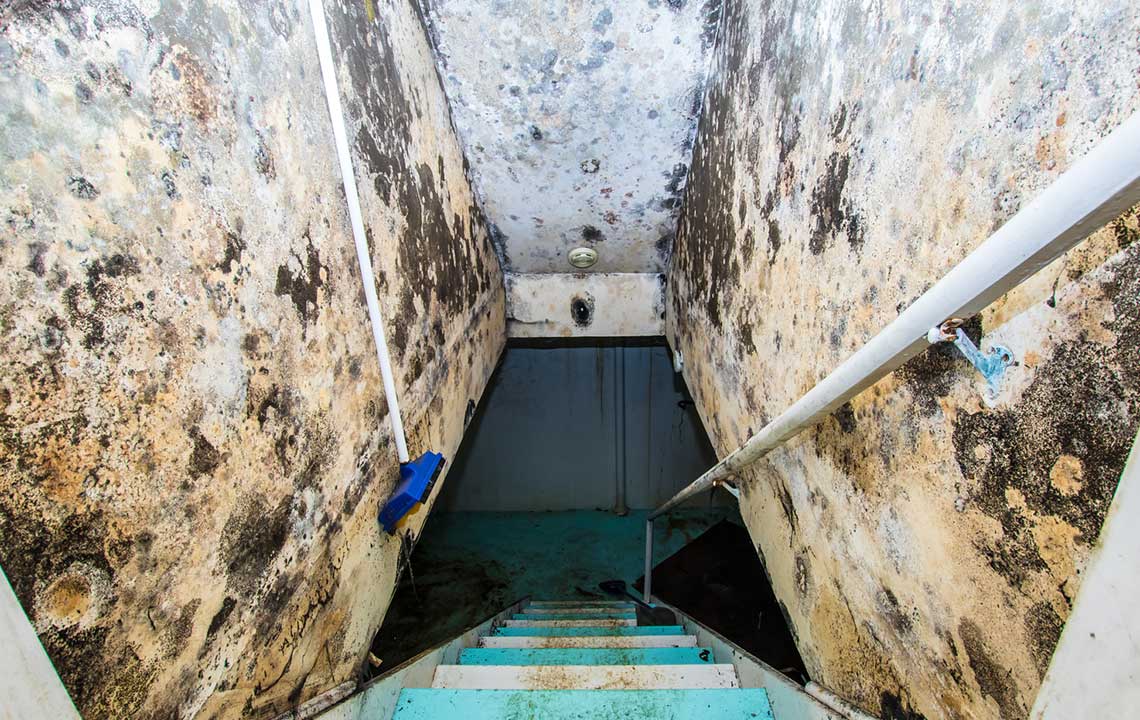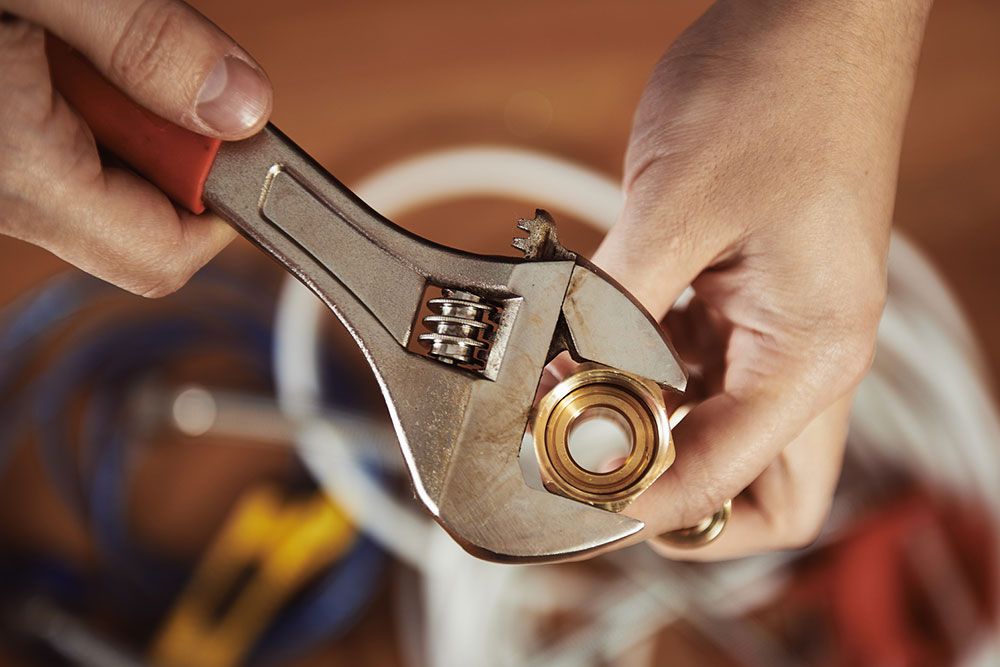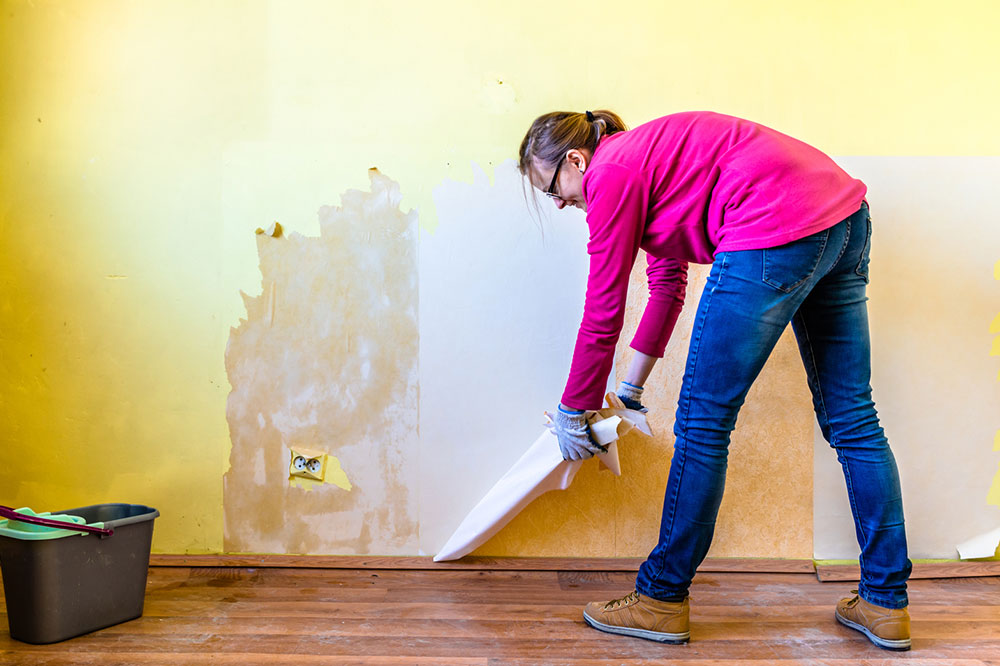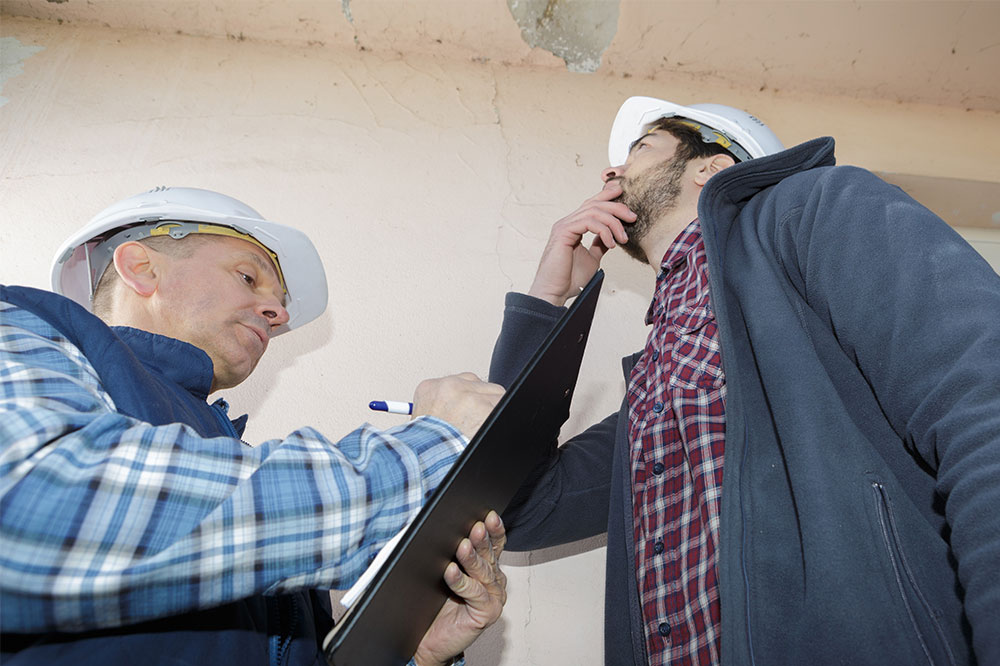Essential Strategies for Managing and Repairing Water Damage at Home
Learn effective methods to handle household water damage, from stopping the water flow to cleaning and disinfecting affected areas. Proper response minimizes damage and prevents mold and bacterial growth, ensuring a safe living environment. This guide covers identifying water types, safety precautions, and professional help options to efficiently restore your home after flooding or leaks.
Sponsored
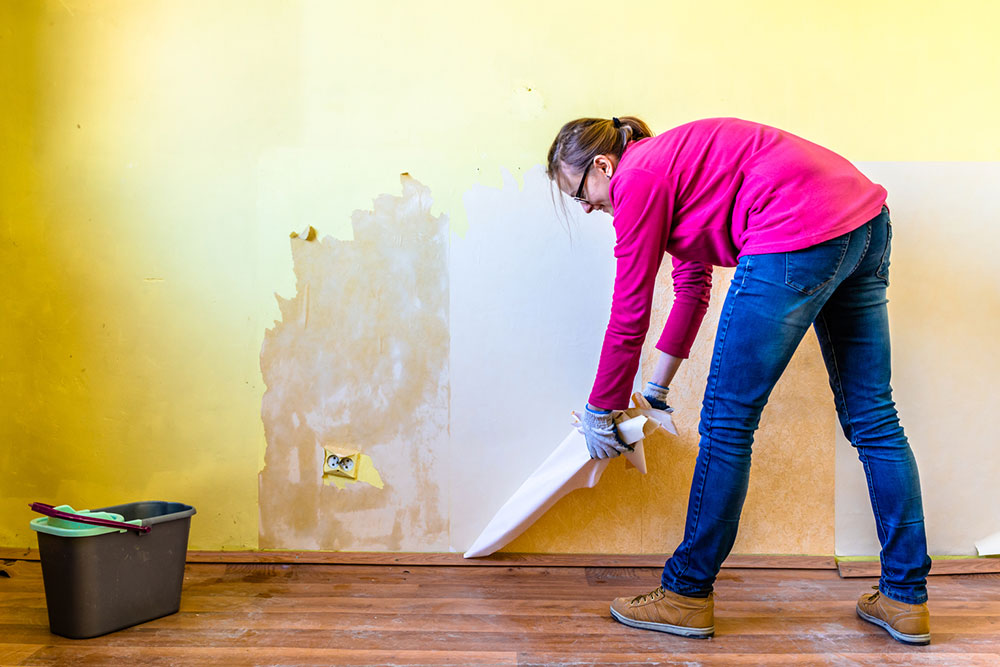
Effective Approaches to Handle Household Water Damage
Waking up to discover a wet, muddy floor when you expect a dry space can be upsetting. Water damage happens frequently both at home and at work. The three main types of water that cause damage are: clean water from rain, pipes, or condensation; gray water from dishwashers or washing machines, which contains some contaminants; and black water, resulting from severe flooding or sewage, which carries harmful bacteria and waste. Knowing which type is involved helps determine the appropriate response.
To effectively manage water damage, follow these key steps:
Stop Water Inflow
Identify and halt the water source. If uncertain, shut off the main water supply to prevent further damage. Turn off electrical power at the fuse box—avoid doing this if water is present near electrical outlets; in such cases, call a professional electrician and stay safe.
Reduce Further Damage
Remove standing water promptly using tools like wet vacuums, sump pumps, and industrial fans, available at hardware stores. Open windows and doors for ventilation. Use protective gear such as rubber boots and gloves, especially if water may be contaminated. Remove damaged items immediately to prevent mold growth, which can appear within 24 hours. Consider removing flooring to facilitate drying of subfloors, which can take months. Have rugs professionally cleaned to ensure safety.
Cleaning and Disinfection
After water extraction, thoroughly clean affected areas using appropriate disinfectants. Follow manufacturer instructions carefully, and wear protective equipment to avoid exposure to harmful microbes. Proper disinfection helps prevent mold and bacteria buildup, ensuring safety and hygiene.
Recovering from water damage can be overwhelming and costly, especially if basements flood. Adhering to these steps is essential, and consulting professionals for extensive damage is highly recommended. Prompt action minimizes losses and restores safety in your home.

